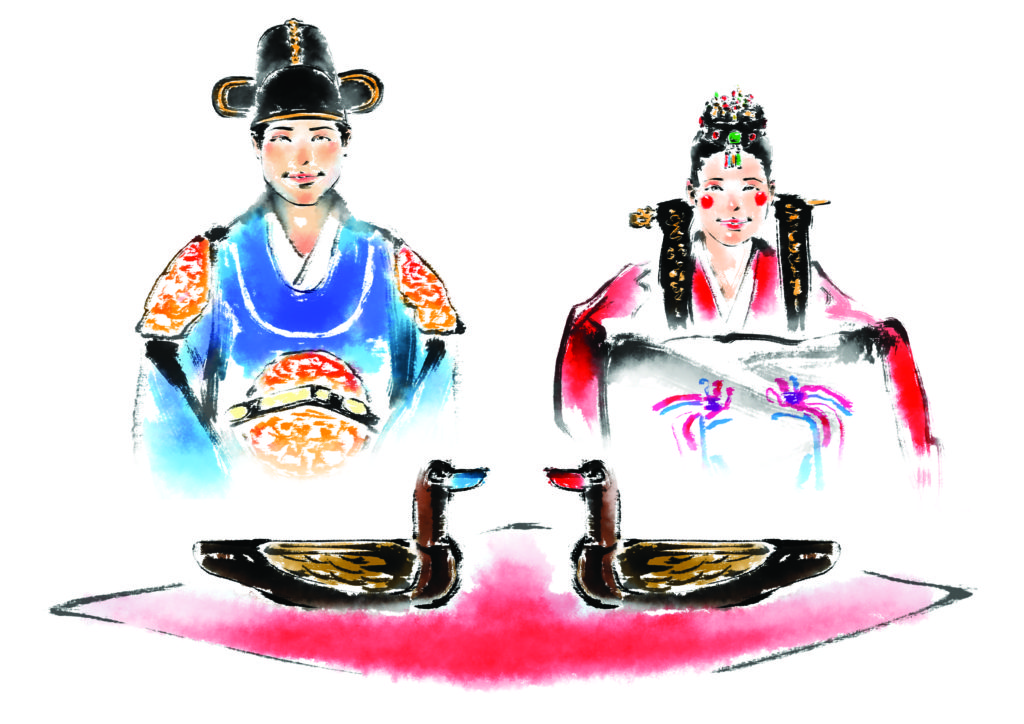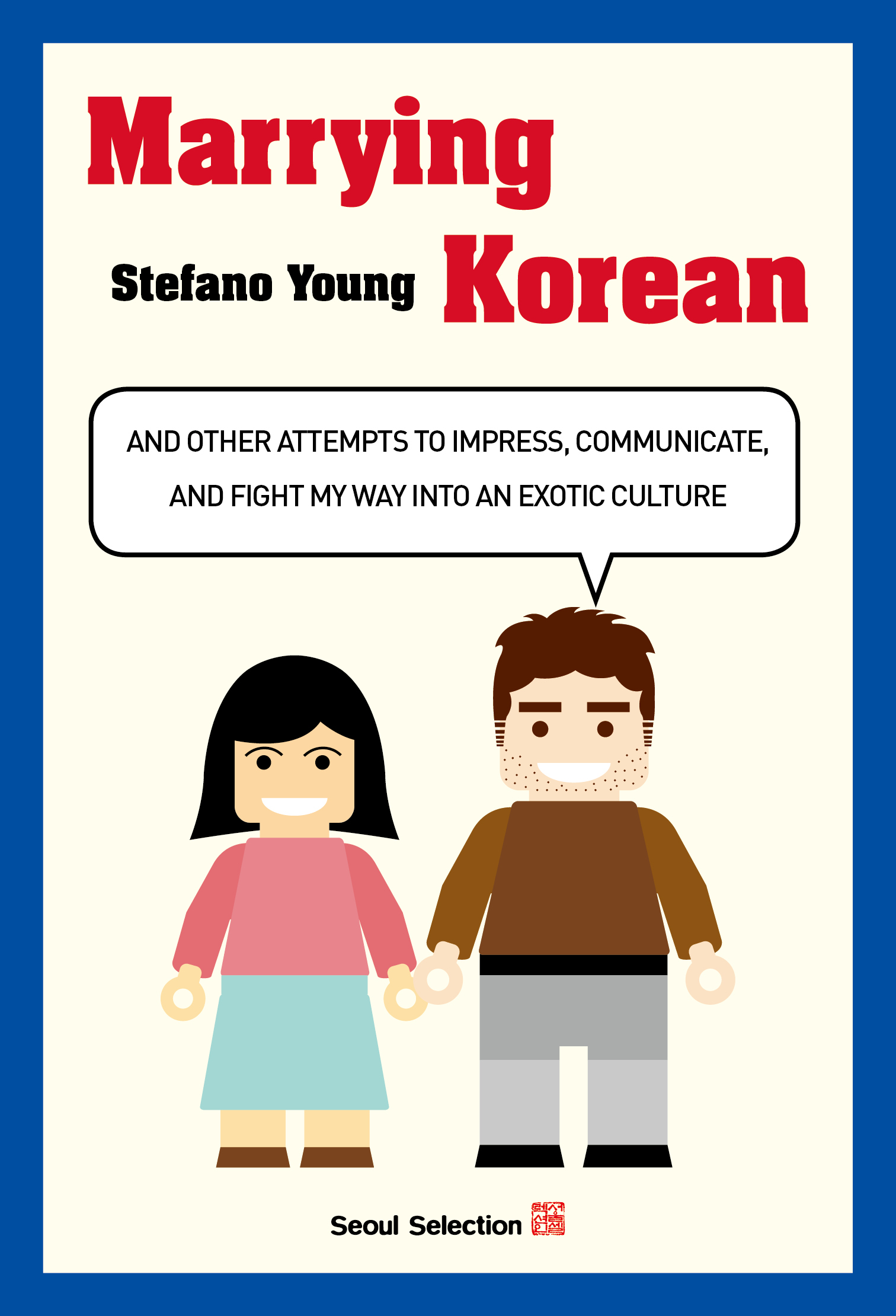Marrying Korean
Reviewed by Rhiannon Howell-Matwichuk.
Stefano Young’s first foray into writing comes to us as Marrying Korean, a short-form memoir about the author’s journey of enmeshing himself into a new culture for his future wife. It is a tale as old as time: Boy meets girl and then chaos ensues. The chaos of Young’s variety is a particular brand – the kind that happens when a white person marries into a traditional Asian household. Cultural norms are challenged, gender-roles are upheld, and the couple is plagued by questions of how their compatibility is affected by their distinctive backgrounds.
Young’s purpose in writing this book seems to be a simple one: Allow the reader to act as a voyeur while he recounts snapshots of his relationship. Spanning from the first trip Young and his then-girlfriend Garam made to Korea together, to their eventual marriage and creation of a family, Young organizes the book to read as small, altogether charming glimpses into a newcomer’s experience of Korea. As the book progresses, the order of events jumps around quite generously, but in the end, returns to its starting point. In general, he accurately identifies the thought process that occurs when a person first encounters Korea from a non-tourist lens. The new tastes, smells, and ways of life he is subject to help teach the reader about aspects of Korean culture they may not have been aware of previously.
For those who are hoping for some light and fluffy tales about Korea, this book does not disappoint. For example, a chapter is dedicated to the author’s experience visiting a Korean bathhouse, or jjimjil-bang (찜질방), with his father-in-law and the distinct feeling of (literal) naked outsider-ness that comes along with that. In another chapter, he recounts an anecdote about his first stay at a love motel, offering any expat reader a sympathetic chuckle in response to his shock at certain provided amenities in such establishments. At times, such moments read as a Pinterest list of “Must-Do Things While in Korea,” but his experiences are wholly accurate in their narration of the easily recognizable differences one would find on a foray to the Land of the Morning Calm.

In other sections, however, Young explores the delicate and very personal intricacies of navigating a new culture from a very unfamiliar place to most foreigners in Korea: a serious romantic relationship. In one moment, Young shares the details of a fight with Garam over a “near miss” while test-driving a new car. Being an inexperienced driver, Garam expected Young to take the wheel when she asked. As she was to be the primary driver of the car, Young assumed, without prior knowledge of her driving abilities, that she should be the one to test the vehicle. The resulting conflict that followed the almost-accident takes what was seemingly a minor scare and turns it into a microcosm for bigger problems in the relationship. At one juncture in the fight, Garam laments that “a Korean guy would’ve [done what I asked].” This sentiment poses questions of masculinity, gender roles, and cultural expectations that highlight the less-amusing struggles of an intercultural relationship.
These sections of the book were the ones that I found at once the most compelling, yet deeply frustrating to read. Young brushes the surface of these complicated issues but fails to truly dive deeper into them. He gives the reader a taste but then seemingly falls short of ever giving a truly vulnerable summation of his feelings at that time, choosing instead to lean on a simpler, droller narration. The author’s tone often relies on humor without bite; merely stating things as they happened and how they were funny in the moment without any further personal reflection. At times, the lack of personality in Young’s writing left me feeling disinterested in the subject matter.
Overall, Young’s Marrying Korean accomplishes what it seemingly sets out to do. It provides a humorous look at his particular life experience. I would recommend this book to any newcomer to Korea. To paint the expat community with a broad brush, most who find themselves here are not here for the long haul; they find themselves at a transitory period in life, looking for some adventure. What makes Young’s perspective compelling is that he finds himself on the opposite side of this spectrum: He is considering making this life as a foreigner a permanent one. He encounters a different set of challenges that make his voice unique yet familiar, bridging the gap between presenting a new viewpoint and speaking to the universal expat experience of being an outsider.
THE REVIEWER
Rhiannon Howell-Matwichuk is an avid reader and lover of all things journalism. Her passion for new experiences lead her to Korea, where she currently resides in Gwangju working as an English teacher.







